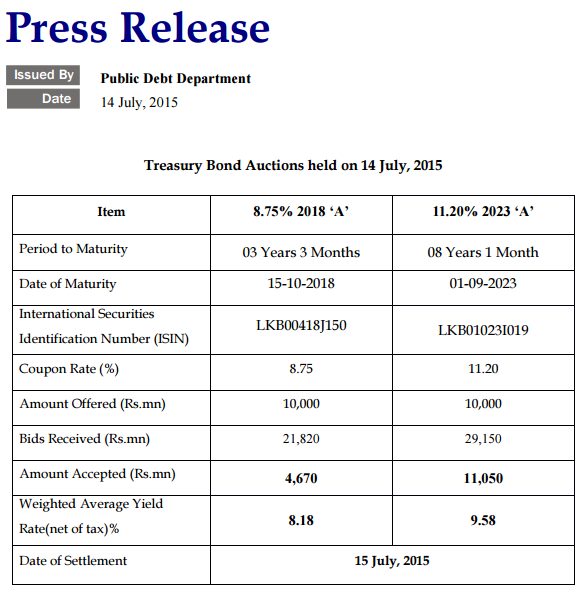Sri Lanka’s apparel exports saw strong demand in the first quarter of 2015 while the Lankan apparel industry expanded at the rate of 9.8%, on the backdrop of 8.8% and 10.9% demand growth from the US and EU apparel markets.
The US and EU accounted for 89% of total apparel exports from Sri Lanka over the year 2014-15. Sri Lankan apparel exports to the EU and the USA increased by 10.9% percent and 8.8%, respectively, against 2013 calendar year and a strong demand was sustained in the first quarter of 2015.
Sri Lanka leading textile manufacturer Textured Jersey Lanka PLC (TJL) said that the company is also directly impacted by demand from domestic apparel manufacturers and foreign retailers.
Knit garment exports from Sri Lanka increased by 11.7% while exports of woven apparel increased by 7.1% in 2014 calendar year. The knit manufacturing segment is showing growth potential, with many countries looking at Sri Lanka as a potential manufacture for this range of garments. The industry growth and TJL’s own customer portfolio being predominantly US and European based, strategically positions TJL to leverage its capabilities to ensure a strong growth trajectory.
A significant development during the year was the commencement of negotiations to regain the Generalised Scheme of Preferences Plus (GSP+) facility for Sri Lanka. If re-instated, the GSP+ facility will provide concessionary access for Sri Lankan apparel, into the Eu and will enhance the growth potential of the entire apparel industry.
The GSP+ would allow duty free exports of Sri Lanka. Given the highly competitive global apparel industry, a price differential such as the offering in GSP+ will significantly boost European demand for Sri Lankan apparel. Predictably, such an advantage will indirectly increase global demand for Sri Lankan textile products.
The concessions will make sourcing fabric within Sri Lanka more attractive and will also make the cost of imports from Sri Lanka into EU countries, reduce, thereby making apparel more competitive in the European markets.
www.dailynews.lk


